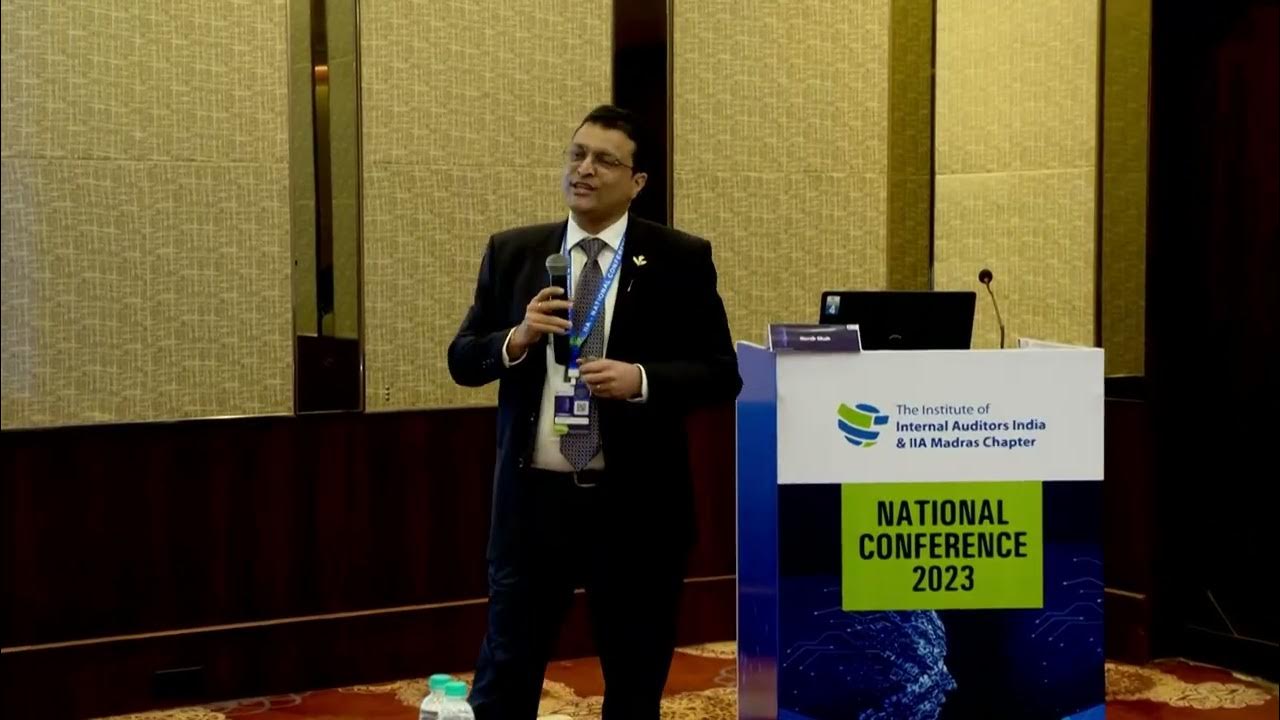Why Companies Are Considering Supply Chain Disruption Insurance
Summary
TLDR在这段视频中,讨论了近期一些重大事件如何使公司意识到需要减轻供应链中断的风险。Rick Bridges和Robin Anderson分别从保险和供应链管理的角度,分析了诸如船只事故、苏伊士运河堵塞、自然灾害以及COVID-19大流行等事件对供应链的影响。他们还探讨了现有的保险政策如何覆盖这些中断,以及公司如何通过风险管理来减轻潜在的损失。此外,还讨论了“不可抗力”条款在保险政策中的定义和覆盖范围,以及如何通过合同义务来最小化第三方风险的影响。最后,两位嘉宾都认为,随着极端天气事件和COVID-19大流行的增加,公司对业务中断保险的需求和意识正在上升。
Takeaways
- 🚢 近年来,由于船舶事故、苏伊士运河事件和自然灾害等重大事件,公司开始意识到需要减轻供应链中断的风险。
- 🌪️ 自然灾害如飓风、气旋和龙卷风等增加了对供应链的影响,促使公司考虑保险以应对这些风险。
- 😷 新冠疫情(COVID-19)导致政府关闭和劳动力流失,进一步凸显了供应链中断保险的必要性。
- 📜 保险公司提供的中断保险政策通常要求有物理损害或财产损失,以触发业务中断和供应链下游效应的覆盖。
- 🏛️ 许多法院认为COVID-19的存在不足以构成物理损害,因此不触发此类保险覆盖。
- 📦 大多数货物保险只覆盖货物的物理损失或损坏,对于纯粹由于延误造成的损失通常不提供覆盖。
- 🛒 供应链中断保险通常不包括特定事件,如集装箱船阻塞苏伊士运河,这类意外事件通常不在保险覆盖范围内。
- 📝 保险公司的“不可抗力条款”通常只覆盖自然灾害事件,而像劳动争议这类非物理损失或损害事件通常不被覆盖。
- 🔍 风险管理成为关键,公司通过加强与供应商和供应商的合同义务来减轻风险。
- 📈 随着COVID-19和极端天气事件的增加,公司对业务中断保险的意识增强,需求增加。
- 🛂 保险公司可能无法提供全面的解决方案,但对风险意识的提高有助于推动供应链的可见性和管理。
Q & A
为什么公司正在考虑供应链中断保险?
-公司正在考虑供应链中断保险是因为近年来发生了多起重大事件,如船舶事故、苏伊士运河阻塞、自然灾害以及COVID-19大流行等,这些都使得公司意识到需要减轻供应链中断的风险。
近年来有哪些重大事件使得公司意识到供应链中断的风险?
-重大事件包括高知名度的船舶事故、苏伊士运河阻塞、自然灾害如飓风、旋风和龙卷风,以及COVID-19大流行导致的政府关闭和劳动力损失。
Robin Anderson律师在保险和恢复实践中主要关注哪些方面?
-Robin Anderson律师主要关注保险和恢复实践中的法律问题,帮助客户理解现有保险政策以及可能购买的新保险产品,以应对供应链中断的风险。
Rick Bridges作为供应链和物流副总裁,他的主要职责是什么?
-Rick Bridges作为供应链和物流的副总裁,他的主要职责是帮助公司管理供应链风险,提供保险解决方案,并协助客户理解保险政策,以应对供应链中断等问题。
供应链中断保险通常覆盖哪些类型的事件?
-供应链中断保险通常覆盖那些导致物理损害的事件,如火灾、飓风、龙卷风等,这些事件可能会影响到上游供应商或下游客户。
COVID-19大流行对供应链中断保险需求有何影响?
-COVID-19大流行导致政府关闭和劳动力损失,使得许多保单持有人开始考虑现有保险是否能够应对大流行相关的供应链中断,或者他们可以购买哪些保险产品来应对这种情况。
为什么许多法院不认为COVID-19在设施中的存在构成物理损害?
-许多法院不认为COVID-19在设施中的存在构成物理损害,因为它们认为这更像是一种疾病的存在,而不是像火灾、飓风或龙卷风那样的物理损害事件。
供应链中断保险是否覆盖由于集装箱船阻塞苏伊士运河这类意外事件?
-大多数货物保险只覆盖货物的物理损失或损害,因此,如果船上有易腐货物,可能会有保险覆盖由于延误导致的损失,但对于纯粹的延误本身,通常没有保险覆盖。
保险公司如何定义'天灾'这一条款?
-保险公司在定义'天灾'时,通常会在保险条款中明确列出覆盖的特定事件,这些事件通常是不可预见且不可控制的自然事件,如地震、洪水等。
公司如何通过保险来减轻供应链风险?
-公司可以通过购买专门的保险产品来减轻供应链风险,这些产品可能涵盖更广泛的触发因素,同时,公司也可以通过加强与供应商和第三方的合同义务来减少潜在的损失。
当前公司对业务中断保险的需求有何变化?
-由于COVID-19和极端天气事件的增加,公司对业务中断保险的需求正在增加,他们正在寻求更广泛的潜在覆盖触发因素,并关注保险政策中的业务中断部分。
Outlines

This section is available to paid users only. Please upgrade to access this part.
Upgrade NowMindmap

This section is available to paid users only. Please upgrade to access this part.
Upgrade NowKeywords

This section is available to paid users only. Please upgrade to access this part.
Upgrade NowHighlights

This section is available to paid users only. Please upgrade to access this part.
Upgrade NowTranscripts

This section is available to paid users only. Please upgrade to access this part.
Upgrade NowBrowse More Related Video

Alleviating the Semiconductor Supply Shortage

What Is Supply Chain Resiliency?

Track B - Evaluating Supply Chain Strains in their Race to Robustness, Flexibility & Resilience

The Impact of the American Megadrought on Food Supply Chains

Webinar: "Entendiendo la Resilencia en la Cadena de Suministro"

How AI mitigates ESG Risk - Sustainable Supply Chain Management
5.0 / 5 (0 votes)
